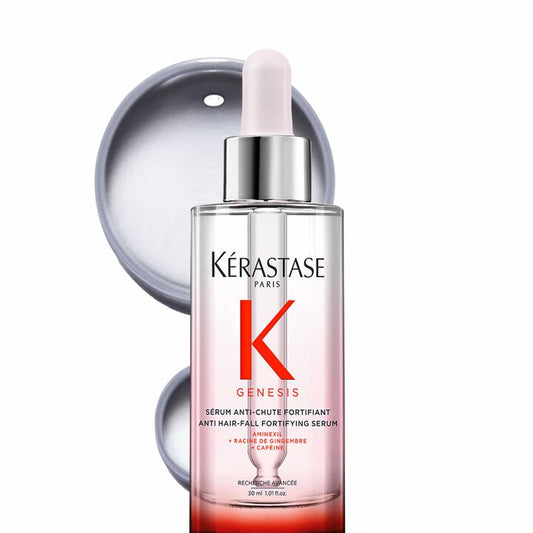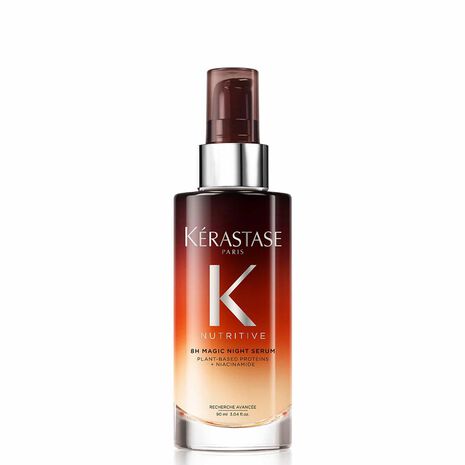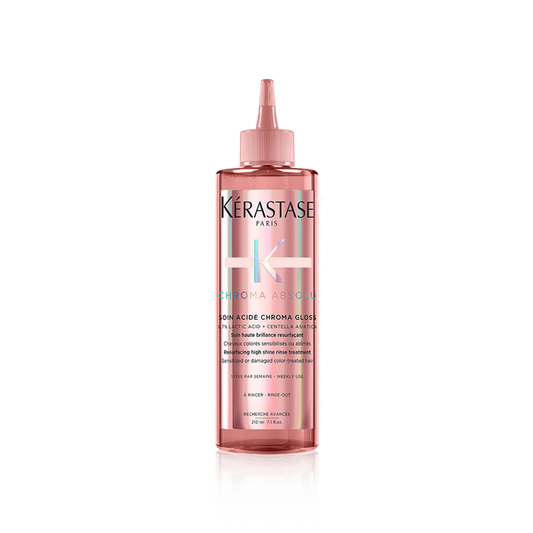When it comes to hair care, there's no shortage of advice out there. From your grandmother’s old wives’ tales to the latest beauty hacks on social media, it can be challenging to separate fact from fiction. Unfortunately, many of these hair care myths can lead to misguided practices that might do more harm than good. In this blog, we'll debunk some of the most common hair care myths and facts, offering you straightforward, science-backed insights into what really works for your hair and what doesn’t.
1. Hair Myth: Cutting Your Hair Frequently Makes It Grow Faster

Among the most enduring hair care fallacies available is this one. Hair growth happens on the scalp level rather than at the ends. Although cutting your hair won't cause it to grow faster, frequent trims are crucial for preserving good hair by stopping split ends and breakage. Therefore, even if a fresh cut won't hasten development, it will help your hair to feel and look better.
2. Hair Myth: Brushing Your Hair 100 Times a Day Makes It Shinier

The idea of brushing your hair 100 times a day to achieve a glossy mane is a long-standing hair myth. While gentle brushing can help distribute the natural oils from your scalp through your hair, over-brushing can actually cause damage, leading to breakage and split ends. Instead, focus on using a wide-tooth comb or a brush designed for your hair type and brush only as needed.
3. Stress Causes Hair Loss Myth: Does Stress Really Make Your Hair Fall Out?

Although your general health can be significantly affected by stress, the myth that stress causes hair loss is usually overblown. Extreme stress can cause disorders, including telogen effluvium, in which case hair falls out and enters the resting phase too early. This is typically transient, though, and once the tension is under control, your hair should grow back to normal. Long-term hair loss is more typically associated with underlying medical issues or genetics than with stress by itself.
4. Gray Hair Myth: Plucking One Gray Hair Will Make More Grow

This common grey hair myth has led many people to avoid plucking gray hairs out of fear that more will appear. The reality is that each hair follicle can only produce one hair at a time, so plucking one won’t cause others to grow back in its place. However, frequent plucking can damage the hair follicle, potentially leading to thinning in that area.
5. Sleeping with Wet Hair Myth: Will It Damage Your Hair or Make You Sick?

The sleeping with wet hair myth suggests that going to bed with wet hair will not only give you a cold but also damage your hair. While sleeping with wet hair won’t make you sick (viruses, not damp hair cause colds), it can indeed cause hair damage. Wet hair is more vulnerable to breakage, and the friction against your pillow can lead to split ends and frizz. To protect your hair, it's best to either dry it before bed or use a silk pillowcase to reduce friction.
6. Rice Water for Hair Myth: Is It Really a Miracle Solution for Hair Growth?

The internet is full of testimonials praising rice water for hair growth, but the truth is more complicated. While rice water contains nutrients that can benefit hair, such as amino acids and vitamins, there’s no scientific evidence to support the idea that it significantly boosts hair growth. Using rice water as a hair rinse can improve hair strength and shine, but it won’t magically transform your hair. So, while it's not entirely a myth, managing your expectations is essential.
7. Rosemary Water for Hair Myth: Can It Reverse Hair Loss?

Rosemary water is another well-liked therapy, sometimes promoted as a natural fix for hair loss. Although rosemary oil has been found in certain studies to increase scalp circulation, therefore fostering hair growth, it is not a magic potion. The rosemary water for hair myth is somewhat accurate: rosemary can improve hair condition, but it won't totally stop hair loss—especially in cases of hereditary or hormonal problems.
8. Weight Lifting Hair Loss Myth: Does Exercise Cause Hair Loss?

There’s a lot of misinformation surrounding fitness and hair health, particularly the weight-lifting hair loss myth. There is solid evidence neither regular exercise nor weight lifting causes hair loss. Your workout schedule has less bearing on hair loss than genetic elements, hormone changes, or stress.
9. Whey Protein Hair Loss Myth: Can Protein Shakes Make You Lose Hair?

The whey protein hair loss myth claims that eating whey protein causes hair loss. However, there is no specific scientific data to back up this statement. Usually controlled by genes, hormonal changes, and general health, hair loss is not caused by diet protein intake.
10. Hair Fall Myths: What Really Causes Hair Loss?

Among the many hair fall myths, one of the most common is the idea that frequent shampooing, brushing, or even playing with your hair can cause significant hair loss. While these activities might result in some hair shedding, they are not the root cause of hair loss. Actual hair loss is usually related to genetics, hormonal imbalances, or health conditions.
FAQs
Q: Does new hair growth cause hair loss?
A: There is no hair loss from new hair growth. Old hairs might, however, shed as part of the natural hair cycle when new hair grows in. This is a regular process; there is nothing to worry about here.
Q: Does playing with hair care cause hair loss?
A: While occasional hair play is harmless, constantly pulling, twisting, or tugging at your hair can lead to breakage or even traction alopecia, a type of hair loss caused by tension on the hair follicles.
Conclusion
Understanding what really works for your hair and what doesn’t can save you a lot of time, effort, and worry. By debunking these common hair myths, we hope you feel more confident in your hair care routine.
If you’re looking for professional advice and top-notch hair services that make your hair look and feel its best, visit Vogue Nationale. Our expert stylists are here to help you achieve the hair of your dreams, free from myths and full of facts. Book an appointment today and experience the difference!





